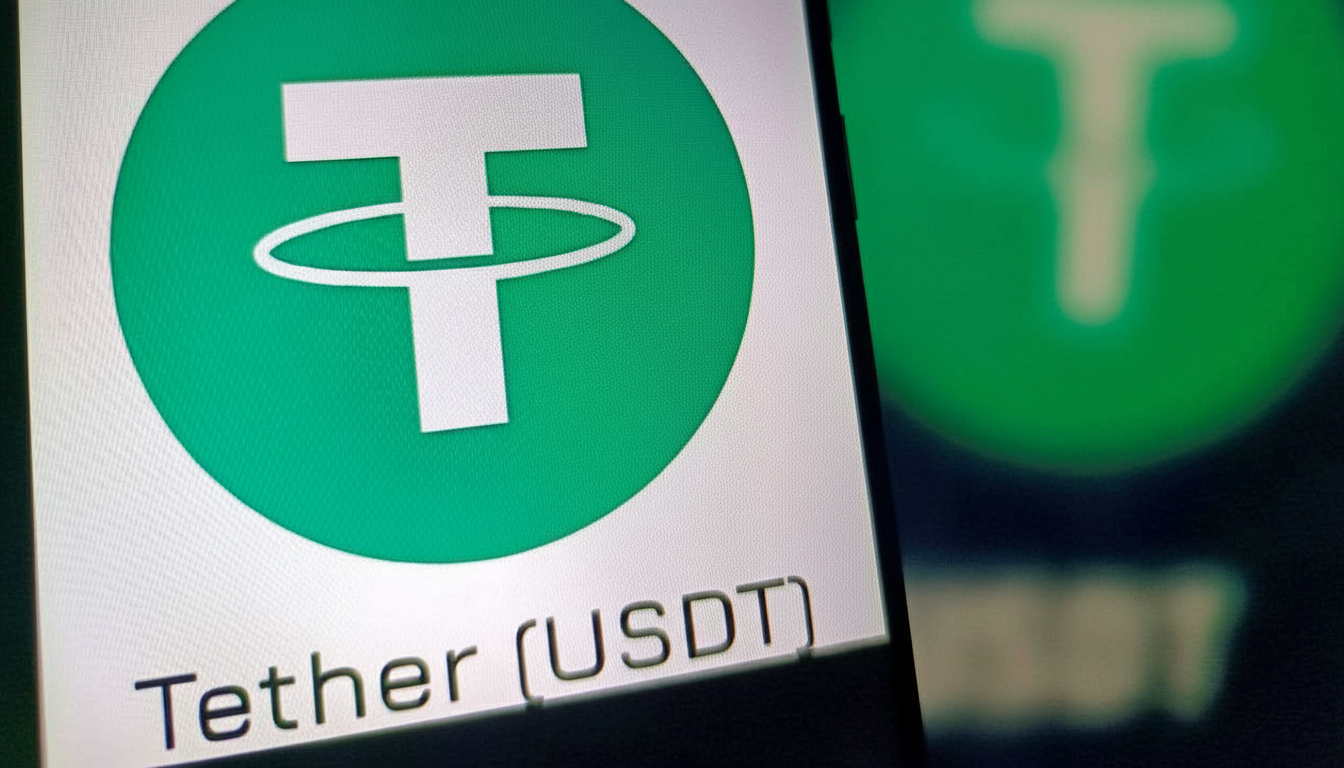The White House is erecting a 90,000-square-foot ballroom on the East Wing footprint, and America’s most powerful technology companies are footing the bill. According to a list released by the administration, the $250 million project is being paid for entirely with private donations, an extravagant exception to a government shutdown that has squelched much other federal activity but makes perfect sense here — since it involves Silicon Valley dollars and presidential authority coming together in remarkable abundance.
Who Is Paying, and Why It Matters for Policy and Power
The donor list is a who’s who of corporate America: Among the major tech companies listed as giving are Amazon, Apple, Google, Meta and Microsoft; defense contractors Palantir and Lockheed Martin; telecom providers Comcast and T-Mobile; and big crypto supporters like Coinbase, Ripple Labs, Tether Americas (the company behind USDT) and the Winklevoss twins serving up six-figure checks. It’s a remarkably wide array of corporate interests supporting a permanent expansion of the Executive Residence.

The checks are a striking recalculation. And while much of the tech industry has been kept at arm’s length by Trump in his first term, today many of these same companies have plainly aligned with Biden’s second-term agenda. Meta, which did not contribute to Trump’s first inauguration fund, gave $1 million the second time. Amazon’s giving went from tens of thousands to six figures. The ballroom is more than a construction project — it’s another barometer of how power dynamics between the tech industry and Washington have changed.
Stakes in Regulation for Silicon Valley’s Future
Corporate philanthropy doesn’t eliminate legal risk, but it does highlight priorities. Many of the donors themselves are under antitrust scrutiny: The Justice Department has active cases against Google over search and ad tech; the F.T.C. is pursuing Amazon over alleged marketplace abuses and has challenged Meta acquisitions; the D.O.J. has accused Apple of monopolizing smartphone markets; Microsoft has worked through merger scrutiny related to its gaming ambitions. Legal scholars and former enforcement officials mention the current administration’s more modest stance on antitrust in comparison to the previous one, when the F.T.C. under Lina Khan advanced a broad theory of competition enforcement.
Access matters, too. These companies are some of the government’s top vendors and partners. Amazon Web Services, Microsoft Azure and Google Cloud all vie for federal cloud deals across both defense and civilian agencies. Palantir’s software powers much of the national security apparatus. Lockheed Martin’s profits ebb and flow to the rhythm of Pentagon procurement. For Comcast and T-Mobile, spectrum policy and merger review are a matter of life or death. A newly built venue inside the White House, paid for with their dollars, will naturally raise questions of proximity and influence — even if no quid pro quo is alleged.
AI and Infrastructure Incentives Driving Data Centers
And there’s a throughline on policy: artificial intelligence. The administration’s new AI action plan hypes speedy permits, cutting through red tape and using federal funding to prompt further data center build-outs. Utilities and grid operators have already noticed a surge in data center demand in interconnection queues, and the Energy Information Administration has noted that digital infrastructure is one of the fastest-growing sources of electricity load. A federal effort to streamline siting and subsidize capacity would fuel the AI boom.

Crypto donors have motives of their own to participate. And policymakers are deciding on stablecoin regulation and agency control that could fundamentally reshape the market. And telecom and defense donors have a keen interest in spectrum auctions, export controls, procurement pipelines and industrial policy. In that sense, the ballroom is more than a photo-op spot, but an opportunity to gather all of the constituencies moving forward for the next wave of federal tech spending and rulemaking.
Ethics, Transparency, and Precedent for Private Gifts
Some notes: According to tradition and law — and the White House’s own fawning words on its website — it can legally accept private gifts for improvements under established federal accepted gift practices, with vetting typically involving the Counsel’s Office, ethics officials, and, in this case, property managers like the National Park Service, etc. There are no naming rights, donors are not allowed to stipulate official use and there must be disclosure. Good-government groups — the Campaign Legal Center and CREW among them — have long cautioned that even lawful donations can give off an impression of pay-to-play, especially so when donors have business before government.
Construction itself can continue during the shutdown if it is privately funded and has been given the green light to proceed on federal property. That’s a parochial detail that does little to hush the optics: The East Wing is currently being redrawn by money from companies that are also lobbying it, suing it or selling to it.
What This Means in Washington’s Power Landscape
The ballroom stands to be one of the most powerful rooms in Washington, a setting for state dinners and donor summits and tech showcases all under one roof. Its financing is a sign of the transactional détente to come: Big Tech will cheerlead for the trappings of this presidency, and in exchange it wants predictable antitrust policy, responsive AI and data center build-out, and a voice at the table on procurement decisions and industrial strategy.
Whether that deal serves the public will depend on transparency, enforcement independence and how aggressively policymakers guard against conflicts. For now, the nearest conclusion is straightforward: Silicon Valley is not only back in Washington — it’s designing the city.

